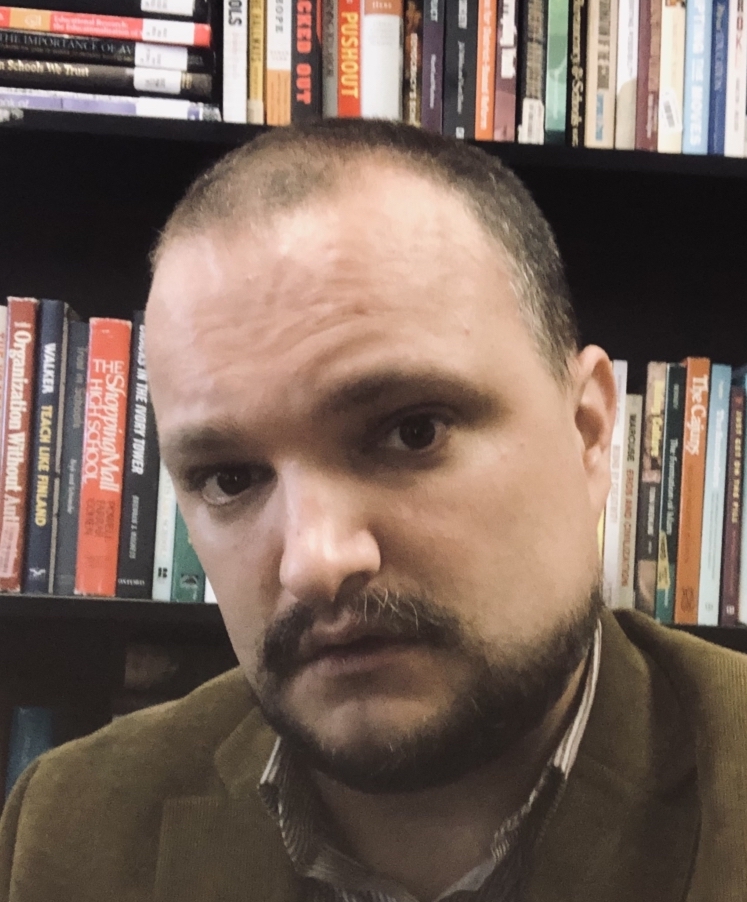Jeffrey Guhin
Biography
I am interested in the interaction between power and meaning, especially how moral and political obligations become internalized. Much of my research is about schools and religious sites, often using qualitative methods. My first book, Agents of God: Boundaries and Authority in Muslim and Christian Schools, came out in January 2021. My current work follows two key theoretical concerns: (1) the relationship between achievement, alienation, and well-being, and (2) the relationship between self-conception and perceived social and political obligations I am especially interested in how these relationships play out in religious and educational contexts. While my current book centers public schools, my next project is an interrogation of exactly what secular and public mean within the context of public education. I have a variety of other interests as well, including qualitative methods, institutions, and the utility of literary theory for sociological analysis.
I teach two large undergraduate lectures, “Sociology of Religion” and “Contemporary Sociological Theory” alongside various graduate and undergraduate seminars. I also teach a Fiat Lux course every year, “Why Do We Have Schools?” which is basically an introduction to the philosophy and sociology of education. I direct the minor in Social Thought as well.
I have two daughters. I love to take them hiking and camping, though it’s not always clear they love it quite as much. While I’m not from L.A., I’ve now lived here longer than I’ve lived anywhere else and I’ve come to really love it, except those rare times when it rains and the entire town treats it like the apocalypse.


